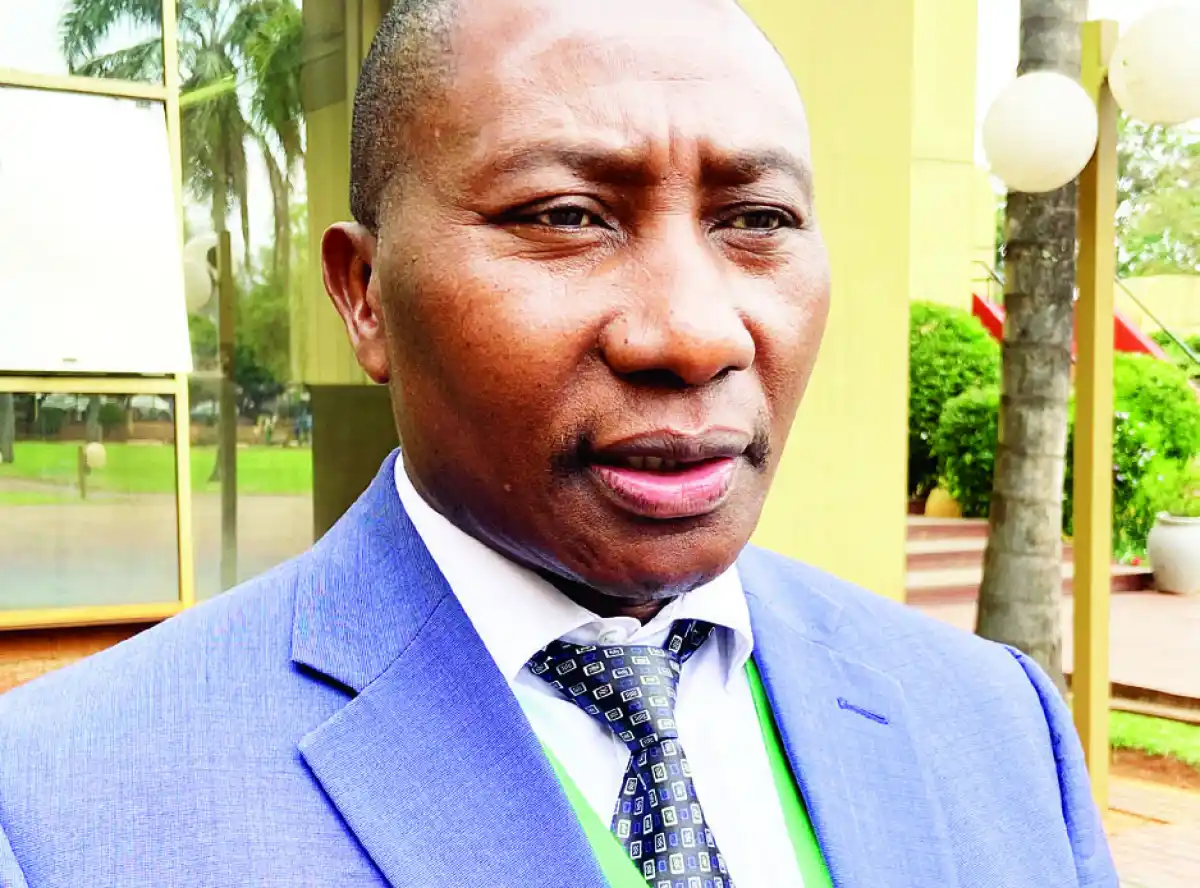
By Benadetta Chiwanda Mia in Harare, Zimbabwe:
The 20th Comprehensive Africa Agriculture Development Programme (CAADP) Partnership Platform (PP) conference opened this week in Harare Zimbabwe, marked by a fervent call for scaling up public financing and private sector investment in agri-food and nutrition interventions.
The four day event, themed “Two Decades of CAADP Agenda: Cultivating the Nexus of Nutrition, Agri-food Systems, and Education for Africa’s Growth,” brings together stakeholders to chart the future of agricultural development across the continent.
Addressing participants at the event, African Union Commission (AUC) Director of Agriculture and Rural Development Godfrey Pahiigwa emphasised the necessity of bolstering financial support to ensure sustainable agricultural practices and food security.
“Public financing must be matched by robust private sector investments to transform our agri-food systems. We must capitalise on intra-Africa trade opportunities to enhance the resilience and inclusivity of our agriculture sectors,” Pahiigwa said.
Pahiigwa called on member states to increase investment in agri-food systems going forward the next 10 years of post-Malabo Agenda implementation for improved nutrition, job creation for the youth, and improving equity for both women and youth.
Zimbabwe Deputy Minister of Lands, Agriculture, Fisheries, Water and Rural Development Vangelis Peter Haritatos-urged partners to reflect on progress made on protocols on the agenda.
“These reflective moments are fundamental, not only for the last category reporting cycle in 2025, but also for the development and implementation of the post-Malabo agenda.
African Union’s Center for Business and Entrepreneurship Development Board Chairperson – Misheck Gondo said agriculture remains a cornerstone of economic growth in Africa, with the potential to drive development, create jobs, and enhance food security.
“Africa is known for its prowess in producing food and guaranteeing food security, what is lacking is a deliberate effort to invest more resources in Agriculture mechanisation, AI, technologies, and practical research,” said Gondo.
African countries including Malawi signed the Malabo Declaration in June 2014 at the African Union Summit in Malabo, Equatorial Guinea.
The Declaration is a set of goals for African agriculture that were to be achieved by 2025, which include ending hunger, tripling intra-African trade in agricultural goods and services, enhancing resilience of livelihoods and production systems, and ensuring that agriculture contributes significantly to poverty reduction.
However, despite commitments in place, many countries including Malawi continue to face food security challenges on annual basis, with 4 million people currently experienced serious food insecurity in Malawi.
Echoing the calls, ActionAid International Project Manager for Scaling-up Public Investment in Agriculture, Constance Okeke, underscored the importance of farmer-centric approaches and non-state actors’ (NSA) involvement in transforming.








0 Comments